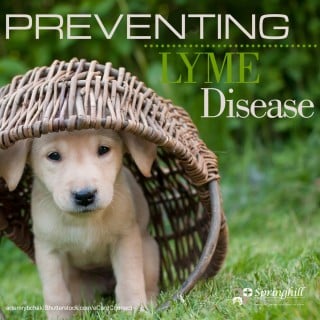Cattle are subject to a myriad of parasites, all inflicting their own kind of damage, from external parasites causing skin irritation and sucking blood to internal parasites that steal nutrients from the host’s intestinal tract or others that impact your herd fertility. Having a strategic deworming plan each year is a smart economic decision since it has been proven to be one of the higher return-on-investment (ROI) tasks producers can undertake.
Deworming should be done when cattle are worked in the spring and fall, as well as just before anytime they are put back onto clean or new pasture or range. We define new pasture or range as areas that haven’t been grazed on in the last four to 12 months since parasitic eggs can’t survive for extended periods of time, particularly during hot summer months or cold winters, thus greatly reducing their infective abilities. By having a strategic deworming program, you are aiming to interrupt the normal life cycle of the parasites. It is also a great time to take advantage of other management tasks such as tagging and vaccinations while cattle are being handled for deworming.
The age of a cow will impact the ability to handle parasite loads. Older cows have gradually developed immunity, thus aren’t as susceptible to parasites, while calves are at a much higher risk due to a lack of developed immunity.
Deworming products available include feed through, pour-on and injectable, but you should never rely on just one active ingredient or type of dewormer as there are multiple parasites, persistence of the dewormer and parasitic drug resistance to take into consideration to ensure your deworming program is as effective as possible. Together we can produce a strategic deworming program for your herd that will save you time and money in the long run. Contact us today with any questions you may have about deworming or to set up a customized program for your herd.


